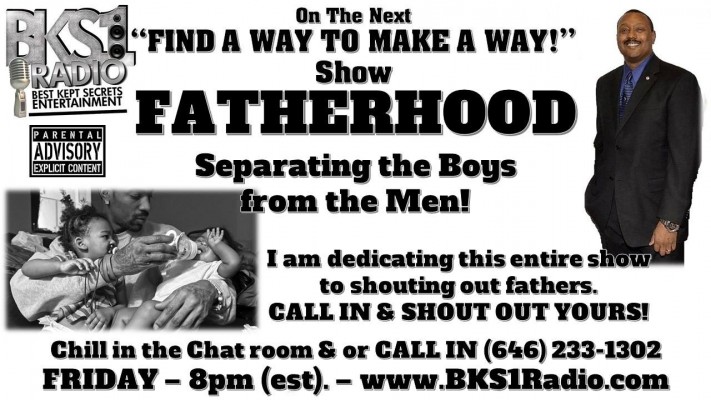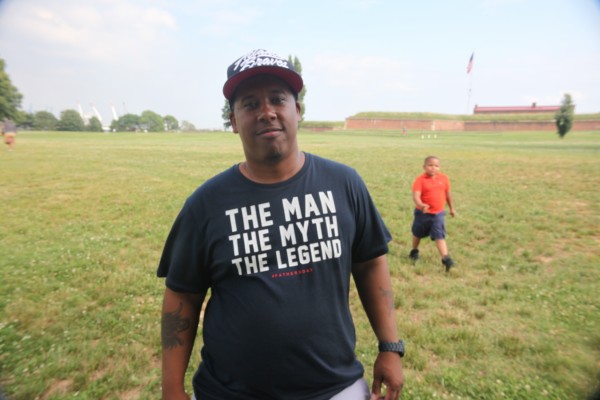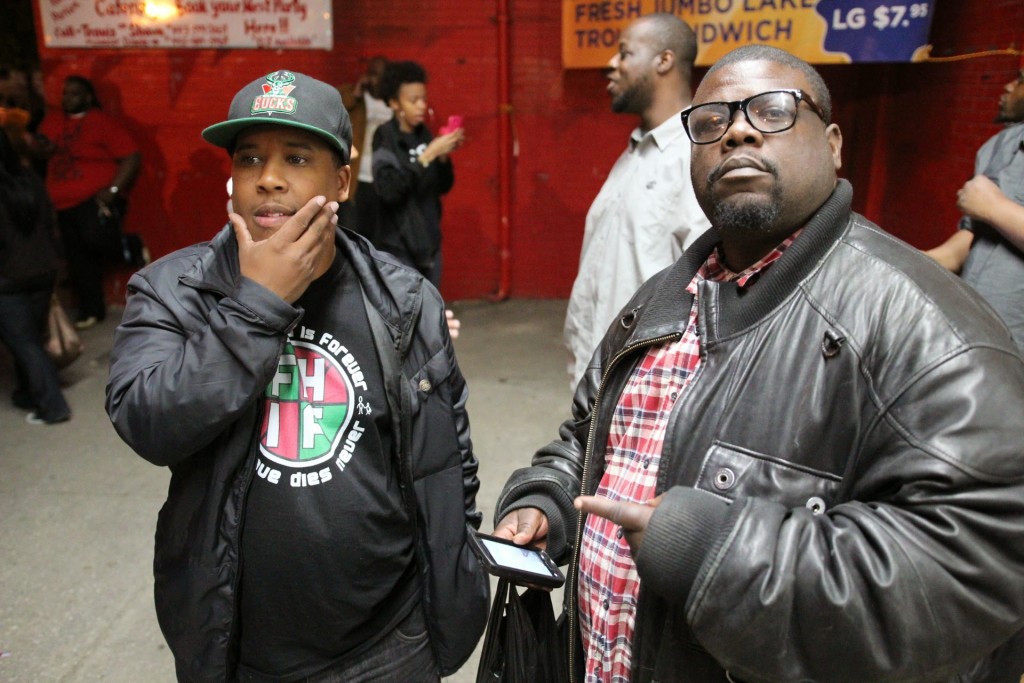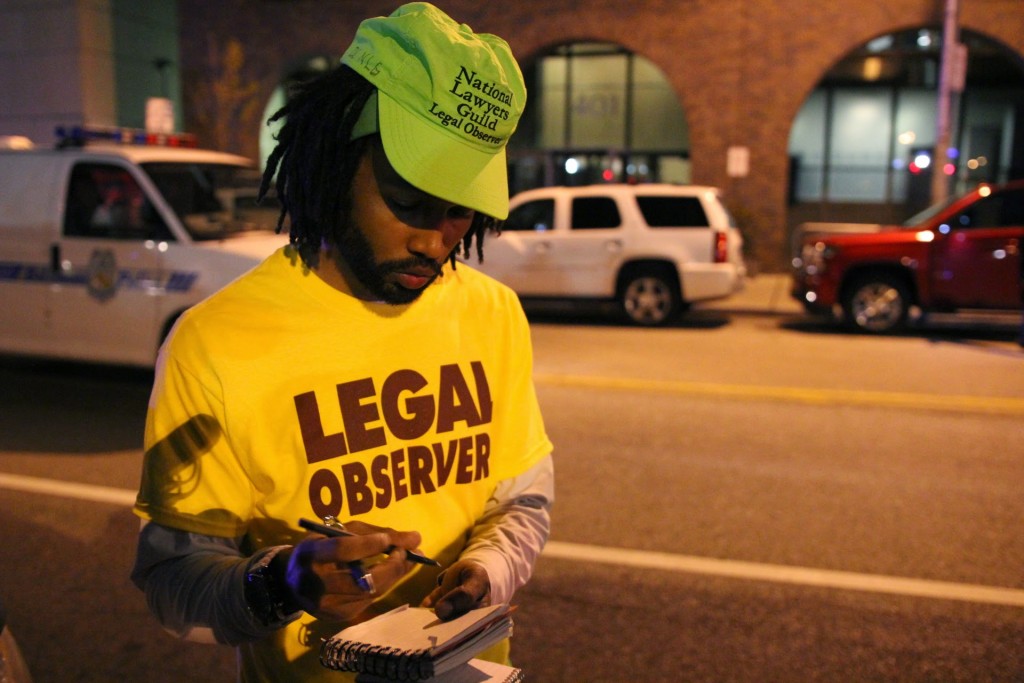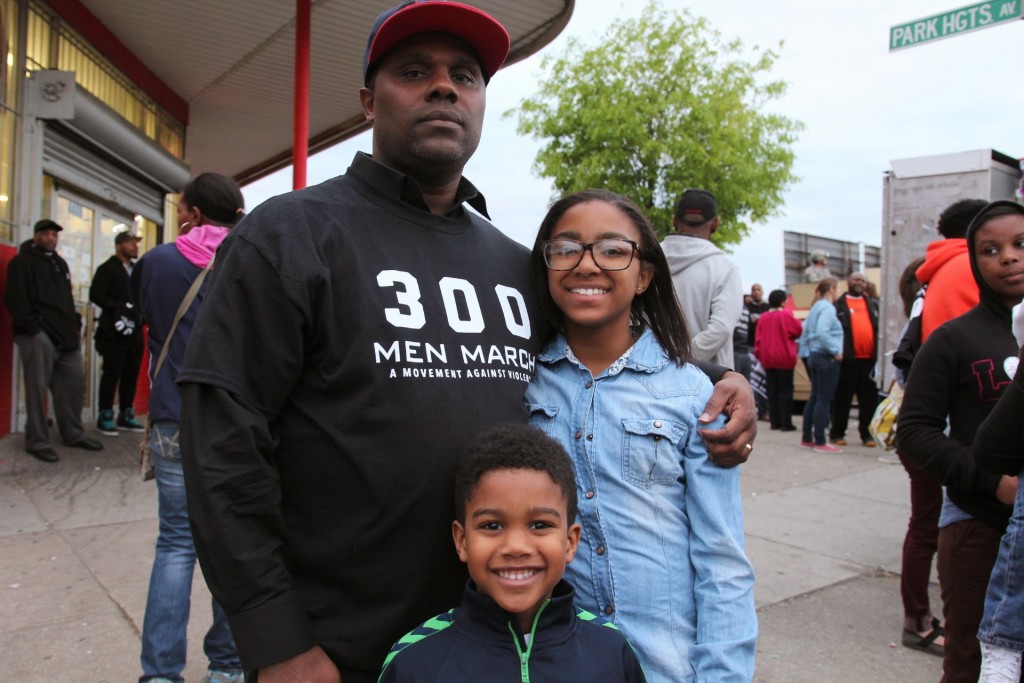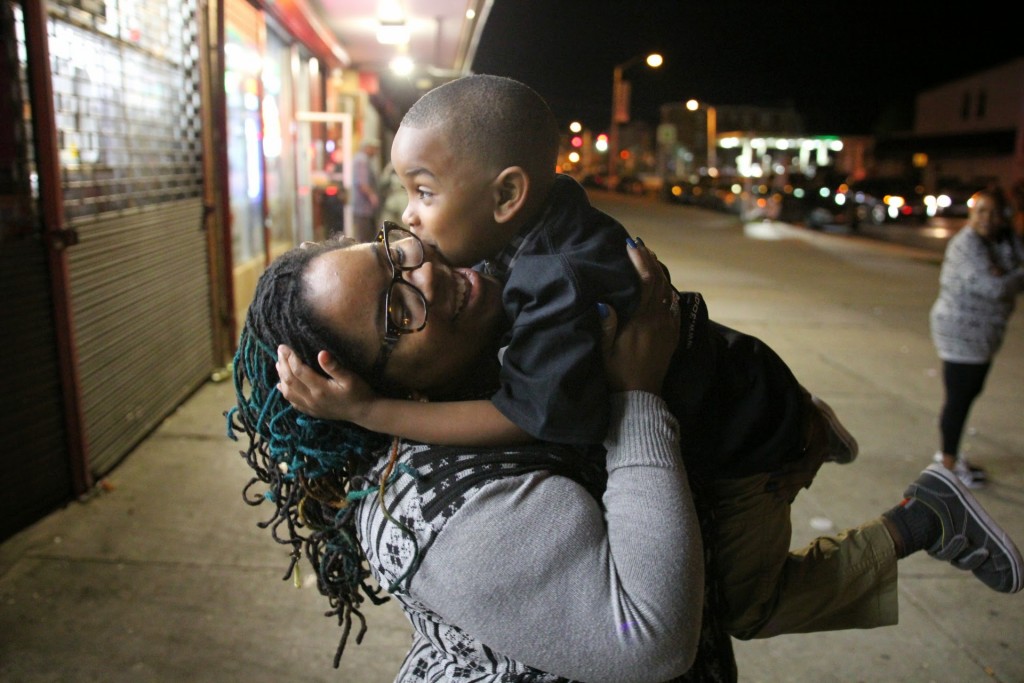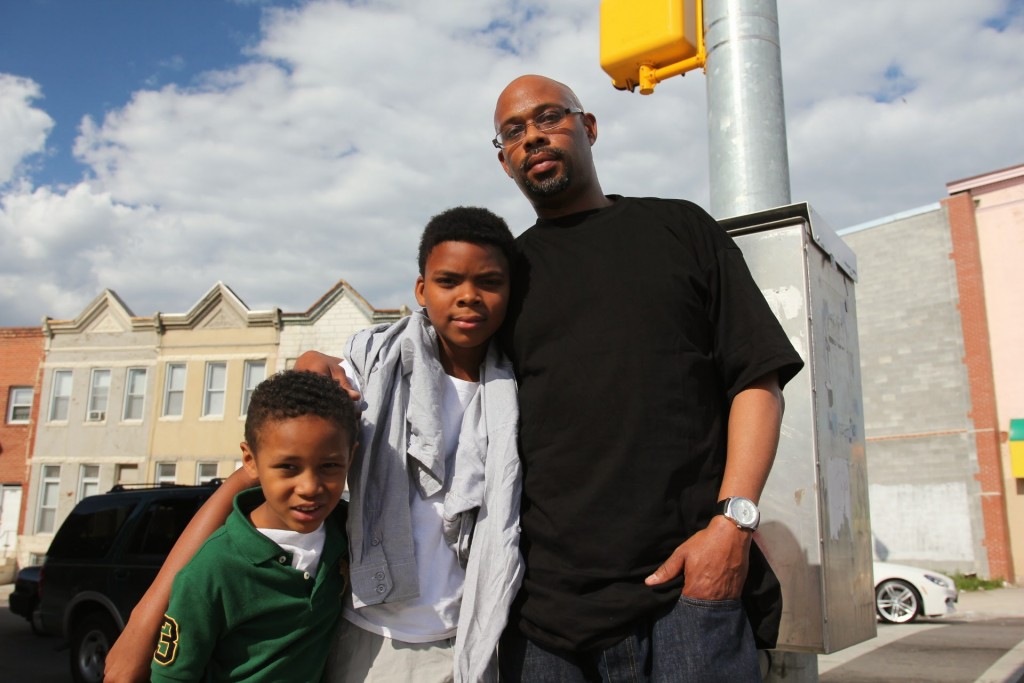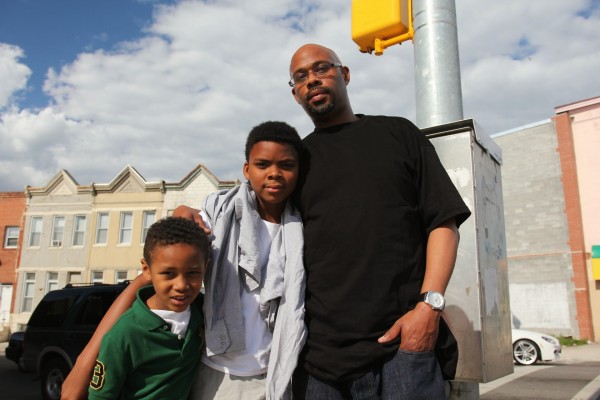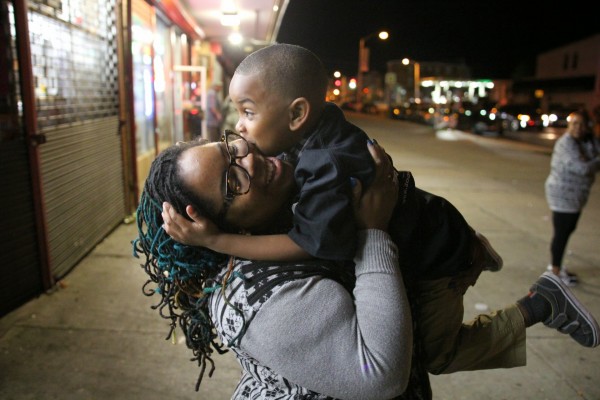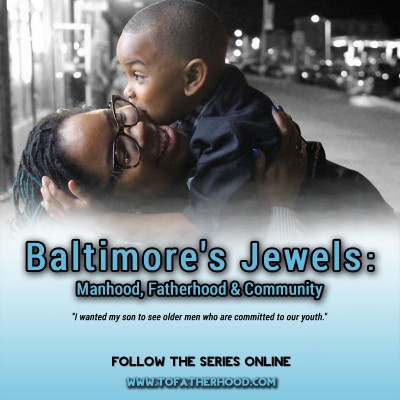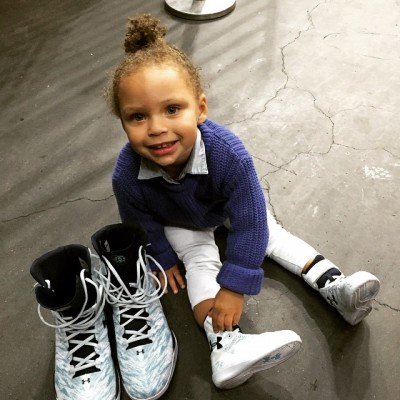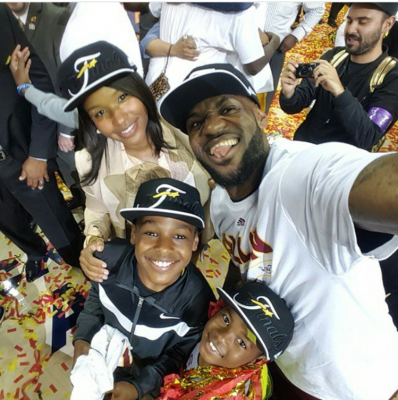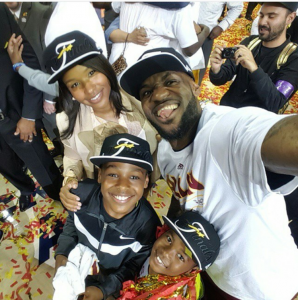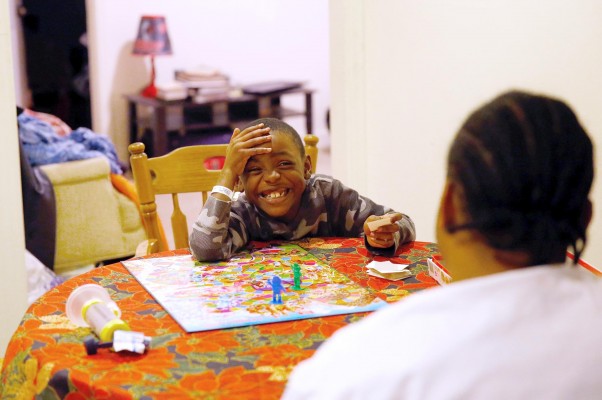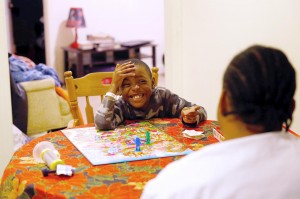‘You’ll never see him again.”
With those words, the social worker strapped the newborn into a gray van and told the boy’s father to say goodbye.
It was March 2006, and Jameal was just a few days old, born drug-dependent to unfit parents. The van and the social worker and Jameal disappeared down the road and around a corner, and Michael Griswold was left alone with those echoing words, and a choice.
If he walked to the left, he would be in Chinatown, where he would find a drug dealer near a place he knew very well: a bridge and a mattress beneath it — “piss-soaked,” he says now, so softly that it is almost inaudible.
“I can go down here and get high, go back under the bridge, like I know best.”
But to go to the right? Away from addiction’s magnetic pull? That way led to the halfway house where Griswold, an addict and alcoholic, had managed to stay clean and sober for the last few months. That was the road to a future he could barely imagine: the hard and foreign work of fatherhood and the daily struggle of sobriety.
Maybe, he thought as he stood there, it’s the way back to Jameal.
* * *
The familiar path to the left is where a few months earlier — three weeks before Christmas, 2005 — Griswold was drunk and high and freezing on that mattress under the highway.
Wrapped in a sodden gray blanket, Griswold was in rough shape, even by the standards of men living under bridges: His shoeless feet were so badly blistered that he could not walk. He was about 5-foot-10 and weighed 90 pounds.
A friend who knew him from a rehab failure saw him. “Do you want to go to detox?” the friend asked. “No,” Griswold said. “I want to die.”
But the friend, whom Griswold has not seen since, walked over to Pine Street Inn and got a wheelchair.
They rattled down the sidewalk toward detox, and Griswold spent the several minutes it took to get there complaining to his friend. “I don’t want to do this,” he said.
Detox lasted about a week; the following 28-day recovery program lasted nearly 60 days. Christmas that year — the warm and well-decorated holiday with the grandmother who raised him — was hazy. By the time Griswold got to Harbor Light Center, a halfway house nearby, he was more clear-eyed. As the drug-fueled fog cleared, he remembered that a girlfriend who had passed briefly through his life on the street was carrying their unborn child.
“I wonder how she’s doing,” he said. He started making phone calls. Soon, a call came back: His son was born. Griswold walked from the halfway house to the hospital to hold Jameal in his arms. He cried harder than the baby he was holding ever did.
Jameal was born addicted to drugs and was bound for foster care. At best, Griswold thought, he would get maybe a couple of photos of Jameal a year: a picture of the boy on his birthday in March, maybe a class picture when he started school.
It was a few days later when Griswold carried Jameal, in his car seat, out to the social worker’s van and watched it pull away.
The choice before him was confounding. Chinatown, where Griswold had been getting high just a few months earlier, was a few blocks away. For years, that had been his answer for everything hard.
But standing on the sidewalk with three months of sobriety under his belt, Griswold discovered that his perspective had shifted. In their brief time together, Griswold had been taking pictures of Jameal — Griswold loves pictures — with a disposable camera, documenting whatever time they might have together. A couple of pictures a year wouldn’t be enough.
Go back, something told him.
And with the social worker’s prediction of “never” ringing in his ears, Griswold turned toward the halfway house. He cried the whole walk back.
* * *
Living shoeless and emaciated under a bridge, as he once had, had never been easy, but for Griswold, the road to the right was even rockier.
First, recovery meant coming to terms with what had brought him there.
Griswold’s father was abusive to him and to his mother, he said, and Griswold was headed in the same direction: Raised by his grandmother, he disappeared for days at a time.
Memories of his childhood Christmases were bright spots. The lights on the house sparkled and the gifts piled up under the tree. But under the bridge, Christmas felt far away. The fights were fresher memories: Griswold shaking loose of his grandmother’s grip on his sleeve and staggering out into the cold.
In meeting after meeting during his recovery, Griswold told his story to hardened men who had no time for his tears. But leaning on a few friends and a photo of Jameal, he persevered and stayed clean.
A glimmer of hope arrived after several months sober: Caseworkers from the Department of Children and Family Services came to talk to him, and brought Jameal, then about 5 months old.
There was a chance, they told him, to get Jameal back, but it wouldn’t be easy. They handed Griswold a manual thicker than a Bible and said he had to follow it to the letter.
The man under the bridge would have balked and complained and argued and failed.
“No problem,” Griswold said.
They wanted three drug tests a week, so he took five. They wanted him to go to five Narcotics’ Anonymous meetings a week, so he went to 10.
When the craving rose — when he could see people drinking in the park right outside and thought he couldn’t do it, couldn’t stay sober – he went to still more meetings. He leaned on his friends, focused on himself, and held onto his pictures of Jameal.
He hunted for jobs and took whatever temporary work he could find. He lived in shelters in the city and on Long Island, keeping up with meetings and hoping the social workers would notice.
Soon his resolve paid off: Griswold earned his first supervised visit with Jameal.
The caseworker sat near the door to Griswold’s small room while Griswold panicked. It occurred to him only then that he and the boy barely knew each other. And fatherhood, on both sides of the spectrum, was foreign: After one visit, Jameal returned to his foster home with his freshly changed diaper on backwards.
* * *

Jessica Rinaldi/Globe Staff
Michael and Jameal Griswold at their home in Everett.
Griswold spent a year working for an unsupervised visit with his son. When the day finally came, it was nerve-racking. What should he do if Jameal cried? What if he got sick? What if something he could not even picture went wrong?
Every twitch in the crib sent Griswold racing over to check, but the boy slept through the night.
Full custody came when Jameal was just 18 months old. Now, Griswold had to learn fatherhood — and adulthood — practically from scratch. He had to learn how to look people in the eye and how to talk to strangers. The teachings of his grandmother had been lost under the bridge.
At St. Francis House shelter’s 14-week job-readiness class, called the Moving Ahead Program, he was a star pupil, instructors recalled. He stayed late to work on the computer and returned after completing the program to ask still more questions.
Steady work was elusive, so Griswold threw himself into fatherhood. Jameal’s mother has not been involved in his life — Jameal wouldn’t know her if he saw her, Griswold said — and could not be reached for this story.
When Griswold was confused about how to handle Jameal, a sweet boy with health and behavioral problems that Griswold suspects are the lingering effects of drug-dependent birth, he turned to a program called the Family Nurturing Center.
Most men arrive there reluctantly via court order or the strong suggestion of social services staff, said Marv Neal, a nurturing program specialist and trainer. Griswold just showed up on his own.
Griswold and Neal talked about parenting strategies, Neal said, such as how to discipline Jameal, expressing disappointment but balancing it with positive reinforcement for his good actions.
Whenever Griswold felt addiction’s tug, he remembered Jameal. “How could I go back?” he said.
Today, that tug is not as strong, but Griswold remains wary. “Some people can have a glass of wine with dinner,” he said. “I’m not one of those.”
Instead he drinks apple juice and goes to parent-teacher conferences. He makes dinner every night and waits outside for the van from Jameal’s after-school program.
Griswold serves on an advisory board for the Department of Children and Family Services and travels the state, speaking to people whose lives look a lot like his once did. In detox clinics and jails, he tells his story,
In October, Griswold spoke at the St. Francis House’s 30th anniversary gala. “My son, Jameal, is the most important thing in my life,” he told those in attendance. “I want us to have the father-son relationship I never had.”
* * *

Jessica Rinaldi/Globe Staff
Jameal smiled as he defeated his father at the game Candy Land at their home.
Eating oatmeal raisin cookies and doing homework at the kitchen table of the humble Everett apartment they have shared for the last three years, Jameal, 8, sometimes stops to give his father a hug.
“I love you,” Griswold says, and his son kisses his face.
“I love you more!” Jameal says, grinning.
In an album somewhere in the apartment is that first photo, the one Griswold stared at during the hardest days of getting clean. But there are many more pictures now, accumulated in the years since Michael Griswold made his choice.
Now, Jameal’s smile covers the walls: Griswold and Jameal together outside a Bruins game; Jameal as a toddler in a tiny plastic car; Jameal smiling with Santa.
Griswold, 44, has spent each Christmas trying to give Jameal the same joyful holiday he remembers spending with his grandmother.
Griswold squirreled away enough money from his speaking gigs to buy presents for Jameal beyond the toys that various agencies provide for low-income families. Jameal’s wish list — a scooter, a LeapPad educational tablet — has been forwarded to Santa.
Jameal has a list of gifts for his dad, too: new clothes, he said, and shoes that dad can wear while swimming.
This year, Griswold brought home a small white plastic tree and stood it in the corner of their modest living room. A few small, neatly wrapped gifts are stacked beneath it.
Tacked on a wall nearby is a simple wood carving: “Family.”
Nestor Ramos can be reached at nestor.ramos@globe.com.
